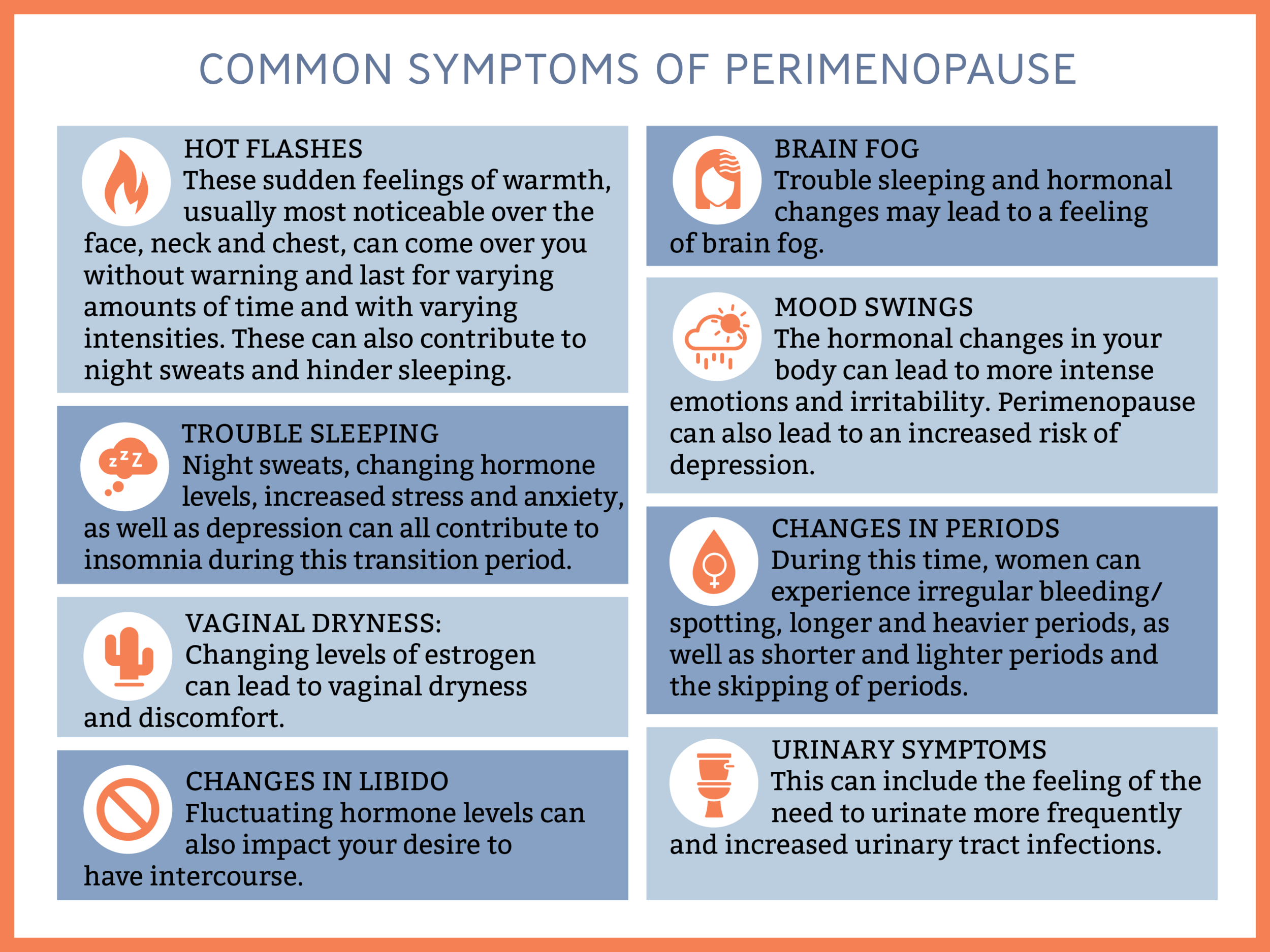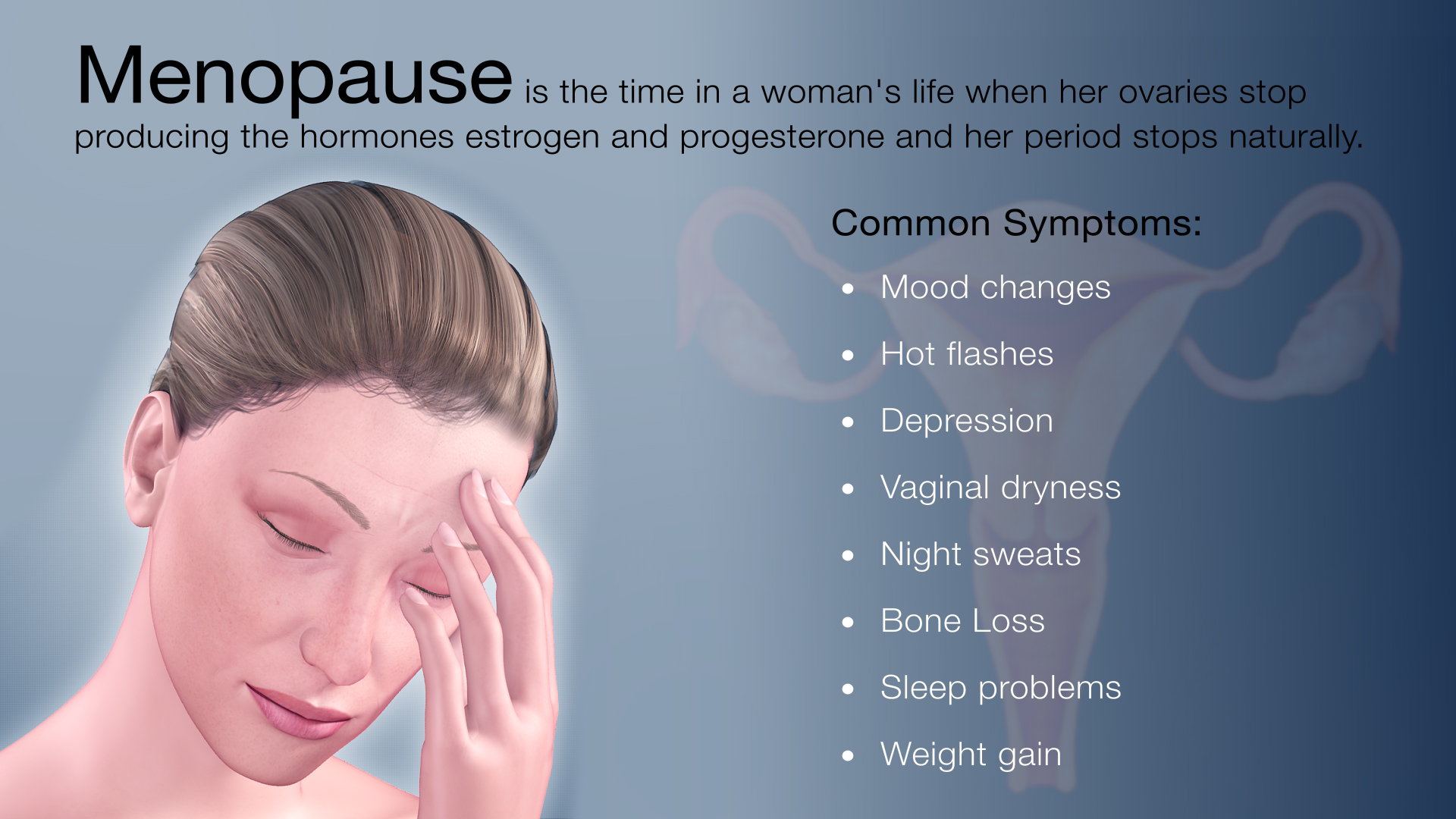What are the symptoms of going through menopause – Navigating the journey of menopause can be a transformative experience, accompanied by a myriad of physical, emotional, cognitive, and other symptoms. Understanding these symptoms is crucial for women to make informed decisions about their health and well-being during this transition.
This comprehensive guide delves into the diverse symptoms associated with menopause, empowering women with knowledge and support as they navigate this chapter of their lives.
Cognitive Symptoms: What Are The Symptoms Of Going Through Menopause

Menopause can affect cognitive function, leading to difficulties with memory, concentration, and decision-making. These changes are often temporary and may improve after menopause.
Cognitive symptoms of menopause can include:
Difficulty Concentrating and Memory Loss
Difficulty concentrating is a common symptom of menopause. You may find it hard to focus on tasks, remember things, or follow conversations. Memory loss can also occur, making it difficult to recall names, dates, or appointments.
Brain Fog and Confusion
Brain fog is a feeling of mental confusion and disorientation. It can make it difficult to think clearly, make decisions, or solve problems. You may also feel forgetful or have trouble finding the right words.
Changes in Decision-Making
Menopause can also affect your decision-making abilities. You may become more impulsive or have difficulty weighing the pros and cons of different choices. This can make it harder to make important decisions, such as those related to your finances or career.
Other Symptoms
In addition to the cognitive symptoms, menopause can also bring about a range of other physical and emotional changes.
Joint Pain and Muscle Aches, What are the symptoms of going through menopause
Many women experience joint pain and muscle aches during menopause. This is due to the decline in estrogen levels, which can lead to inflammation and a decrease in the production of collagen, a protein that helps to keep bones and muscles strong.
Joint pain and muscle aches can be particularly bothersome in the morning or after periods of inactivity.
Headaches and Migraines
Headaches and migraines are another common symptom of menopause. These can be caused by the hormonal changes that occur during this time, as well as by the stress and anxiety that many women experience as they transition through menopause.
Fatigue and Weakness
Fatigue and weakness are also common symptoms of menopause. This is due to the decline in estrogen levels, which can lead to a decrease in energy production. Fatigue and weakness can make it difficult to get through the day and can interfere with daily activities.
Medical Implications

Menopause can have several medical implications that women should be aware of. These include an increased risk of osteoporosis, heart disease, and changes in cholesterol levels.
Osteoporosis
Osteoporosis is a condition that causes bones to become weak and brittle. It is more common in women after menopause because estrogen, a hormone produced by the ovaries, helps to protect bones. Without estrogen, bones can lose calcium and become more likely to fracture.
Heart Disease
Heart disease is the leading cause of death in women. After menopause, women’s risk of heart disease increases because estrogen helps to protect the heart. Without estrogen, the heart may be more likely to develop plaque, which can narrow the arteries and lead to a heart attack.
Cholesterol Levels
Menopause can also affect cholesterol levels. Estrogen helps to raise levels of HDL (good) cholesterol and lower levels of LDL (bad) cholesterol. After menopause, HDL levels may decrease and LDL levels may increase, which can increase the risk of heart disease.
Treatment Options
:max_bytes(150000):strip_icc()/2322667-article-early-signs-of-menopause-5a4cfd9af1300a00373f55f9.png)
Menopause symptoms can be managed through various treatment options, including hormone replacement therapy, non-hormonal medications, and lifestyle changes.
Hormone Replacement Therapy (HRT)
HRT involves taking hormones, such as estrogen and progesterone, to replace the hormones that the body stops producing during menopause. HRT can effectively relieve vasomotor symptoms, improve sleep, and prevent bone loss. However, HRT is not suitable for all women, as it may increase the risk of certain health conditions, such as breast cancer and blood clots.
Non-Hormonal Medications
Several non-hormonal medications are available to treat specific menopause symptoms. These include:
Selective serotonin reuptake inhibitors (SSRIs) and serotonin-norepinephrine reuptake inhibitors (SNRIs)
These antidepressants can help relieve hot flashes and night sweats.
Gabapentin and pregabalin
These anticonvulsants can also reduce hot flashes.
Clonidine
This blood pressure medication can help control hot flashes.
Lifestyle Changes
Lifestyle changes can also help manage menopause symptoms. These include:
- Maintaining a healthy weight
- Exercising regularly
- Getting enough sleep
- Managing stress
- Avoiding smoking and excessive alcohol consumption
- Eating a healthy diet rich in fruits, vegetables, and whole grains
Outcome Summary
The symptoms of menopause are a multifaceted tapestry woven from physical, emotional, cognitive, and other threads. Recognizing and understanding these symptoms is essential for women to proactively manage their health during this transitional phase. By embracing self-care, seeking professional guidance when necessary, and fostering a supportive network, women can navigate menopause with grace, resilience, and a renewed sense of well-being.
Query Resolution
What are the most common physical symptoms of menopause?
Hot flashes, night sweats, vaginal dryness and itching, and changes in sleep patterns are some of the most prevalent physical symptoms.
How can I manage mood swings and irritability during menopause?
Regular exercise, stress-reducing techniques such as yoga or meditation, and connecting with loved ones can help regulate mood and alleviate irritability.
Is it normal to experience memory loss during menopause?
Temporary memory lapses and difficulty concentrating are common cognitive symptoms of menopause. These usually improve over time.